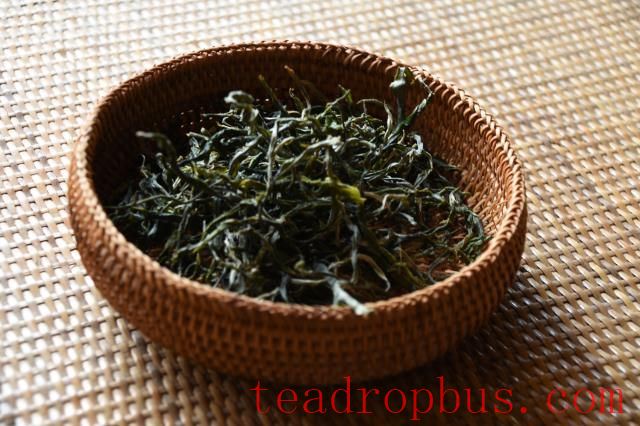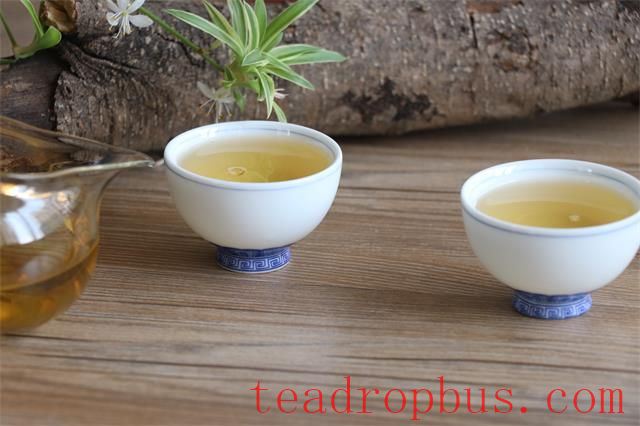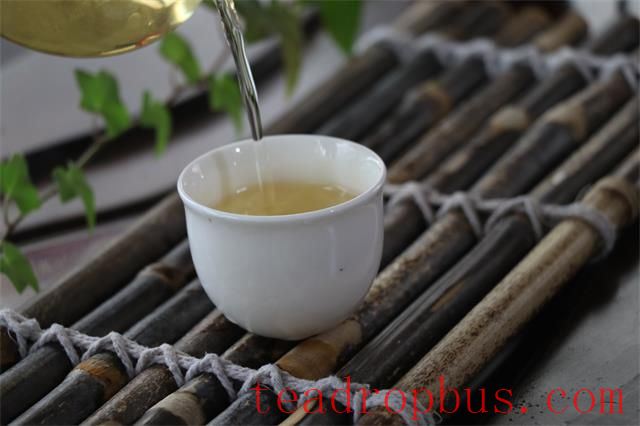Chinese Tea culture is the culture of tea production and consumption in China. China is the birthplace of tea, and it is said that Chinese people began to discover and utilize tea during the time of the legendary Shennong, which is no less than 4,700 years ago. To this day, among the Han people, there is a custom of using tea as a gift, and there are unique tea-drinking characteristics in places like Yunnan.
As one of the seven daily necessities (firewood, rice, oil, salt, soy sauce, vinegar, and tea), drinking tea was very common in ancient China. Drinking tea can prolong life, beautify the body, and maintain health. So what components are in tea? And what benefits do they provide?
Tea polyphenols are the most abundant soluble components in tea and are the primary substances responsible for its health and wellness benefits. The most typical representative is catechin (polyphenol), which has multiple effects including antioxidant (elimination of oxygen free radicals), reduction of the risk of cardiovascular disease, lowering of blood lipids, reduction of body fat formation, and modification of gut microbiota ecology.

1. Tea can reduce the risk and mortality of cardiovascular diseases
According to research reports, Japanese researchers have been tracking over 40,000 men and women aged 40 to 79 since 1994. Compared with those who drink less than one Cup of tea per day, men who drink more than five cups of green tea daily have an average 22% lower risk of death from cerebrovascular disease, while the decrease for women is 31%, with the most significant decline being for stroke, where the decrease is 42% for men and 62% for women. According to the UK's Daily Mail, a recent study found that drinking three cups of tea per day can reduce the risk of myocardial infarction by 70%. Reports from Finland and France also show that drinking two to three cups of tea per day can reduce the risk of stroke.
2. Tea can lower cholesterol and aid in the recovery from the aftermath of cerebral arteriosclerosis
Gamma-aminobutyric acid (GABA) is present in natural tea in small amounts, but its content significantly increases after processing. GABA's main function is to dilate blood vessels and reduce blood pressure, making it useful in treating hypertension. It can also improve cerebral blood circulation and enhance brain cell metabolism, which is beneficial for the recovery and treatment of stroke and the aftermath of cerebral arteriosclerosis.
Hong Kong University researchers discovered that drinking tea can reduce total blood cholesterol levels by 25%. Another study on the relationship between Tea drinking and the incidence of hypertension found that the incidence rate of hypertension was 10.55% among non-tea drinkers and 6.95% among regular tea drinkers, indicating that tea does indeed have a certain blood pressure-lowering effect.

3. Tea can reduce the risk of developing diabetes
Tea polysaccharides are complex mixtures. They have antiradiation properties, increase white blood cell count, boost immunity, and can lower blood Sugar. Folk remedies involving brewing coarse tea to treat diabetes primarily leverage the effects of tea polysaccharides.
A study involving 17,000 men and women aged 40 to 65 found that those who drank six or more cups of green tea per day had a 33% lower risk of developing diabetes compared to those who drank less than one cup per week. Some sources suggest that cold-brewed green tea may be even more effective in preventing diabetes.
4. Helps prevent early-onset dementia
Tea protects brain cells and effectively delays brain degeneration, helping to maintain healthy cerebral blood vessels. Recent studies indicate that drinking more tea can improve memory and prevent early-onset dementia.
5. Has anti-stress and anti-anxiety effects
The fast pace of modern life and work often leads to anxiety, tension, irritability, and depression. Green tea contains L-Theanine, a relaxant without sedative effects, which helps the brain produce gamma waves. These waves help control anxiety, improve focus, and enhance mental and overall well-being. Typically, 3-4 cups of green tea contain 100-200 milligrams of L-theanine, making green tea effective in combating stress and anxiety.
6. Enhances the immune system
Harvard University researchers found that individuals who drank five cups of tea daily for two weeks produced large amounts of interferon, a protein that can fight infection and boost the immune system by ten times compared to non-tea drinkers.
7. Promotes health, longevity, and slows aging
“Pyrroloquinoline quinone” (PQQ), a component found in tea, has been discovered by a research team at Nagoya University in Japan to have anti-aging and longevity-enhancing effects. PQQ was discovered around the 1970s, and subsequent research has shown that it has antioxidant and neuroprotective properties, making it a popular ingredient in health supplements and cosmetics. The pigments in tea, such as chlorophyll and beta-carotene, can slow down aging and promote beauty.

8. Helps with weight loss and slimming
Researchers found that compared to non-tea drinkers, those who have been drinking tea for over ten years had about a 20% reduction in body fat percentage for men and 30% for women.
9. Enhances memory and prevents dementia
L-theanine improves brain function, enhances memory, and boosts learning ability. It also has preventive effects against Alzheimer's disease, Parkinson's disease, and autonomic nervous system disorders.
10. Warms and nourishes the stomach, strengthens teeth
Ripe Pu'er tea, rich in beneficial probiotics, does not irritate the stomach when consumed. The viscous, smooth, and full-bodied Pu'er tea forms a protective layer on the surface of the stomach, benefiting digestive health over the long term. Pu'er tea contains many biologically active components that have antibacterial properties, which can remove oral odors and protect teeth.
In Chinese tea drinking, emphasis is placed on the word “taste.” “Tasting tea” is not only about discerning the quality of the tea but also involves contemplation and enjoyment of the pleasure of tea drinking. In the midst of a busy schedule, brewing a pot of strong tea to sip and enjoy can relieve fatigue and clear the mind, or one can savor it slowly to achieve a beautiful experience, elevating the spirit to a noble artistic realm.
Among the various types of tea, Pu'er tea is a relatively popular fermented tea, known for its rich and sweet taste. Originating from regions along the middle reaches of the Lancang River in Yunnan, such as Simao, Xishuangbanna, and Lincang, and distributed through the city of Simao in Pu'er City, Yunnan, it is named “Pu'er tea.”
Pu'er tea has distinct regional and processing characteristics, with the tea improving with age, becoming more fragrant and valued over time, making it a unique category within Chinese teas.